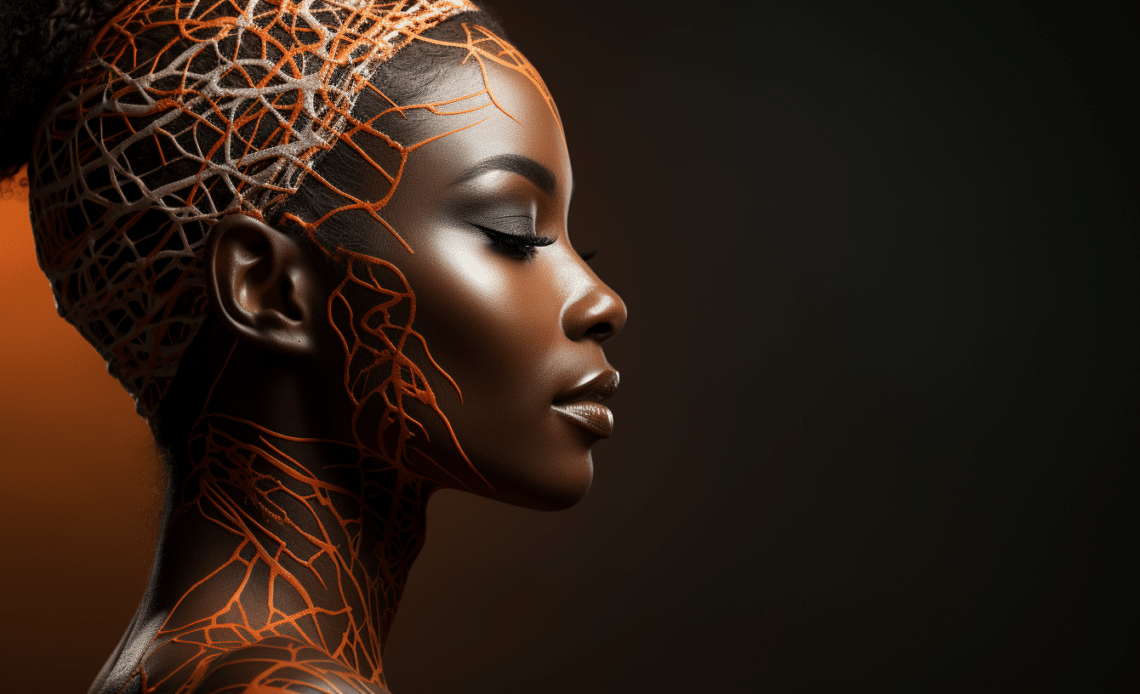
You’ve heard of Ashwagandha’s health benefits, but did you know it could cause acne too? You’re about to uncover this herb’s double-edged sword. Learn how it can trigger acne through hormone influence and increased oil production. Don’t worry, it’s not all bad news. You’ll also discover how its stress-relieving and anti-inflammatory properties might help manage your acne. So, is Ashwagandha a friend or foe to your skin?
Understanding the Connection Between Ashwagandha and Acne
You’ve got to understand that the relationship between Ashwagandha and acne isn’t straightforward, as it involves various factors like hormonal changes, stress levels, and individual skin responses. Let’s start by exploring Ashwagandha’s impact on hormonal balance. This potent herb is known for its ability to regulate hormones. It can enhance testosterone levels and stimulate the thyroid, indirectly affecting acne development. However, it’s important to note that this doesn’t necessarily mean ashwagandha directly causes acne.
The second aspect you should consider is stress. Stress is a significant player in acne development, and guess what? Ashwagandha is an adaptogen, which means it helps your body handle stress more efficiently. By lowering your stress levels, it could potentially reduce the severity of your acne.
Lastly, remember that everyone’s skin responds differently. What triggers acne in one person might not affect another. So, while ashwagandha can influence hormones and stress, it doesn’t guarantee you’ll get acne. It’s all about how your body individually reacts. Always remember to listen to your body and adjust your intake accordingly.
Exploring the Skin Benefits of Ashwagandha
You’ve probably noticed that your acne flares up during periods of high stress. This is because stress can trigger inflammation and oil production, leading to breakouts. Ashwagandha, known for its stress-reducing properties, can help manage these acne triggers. By reducing your stress levels, it can indirectly reduce your acne.
Inflammation significantly affects acne development, causing those red, painful bumps. The anti-inflammatory properties of ashwagandha can help soothe this inflammation, reducing the redness and pain associated with acne.
Recognizing the Potential Side Effects of Ashwagandha
The potential risks of ashwagandha on skin health are crucial to consider. For some, it might affect hormonal balance, leading to an increase in oil production and, subsequently, acne. This is especially true if you’re prone to hormonal acne.
Ashwagandha can also cause skin irritation and allergic reactions in some individuals, contributing to inflammation and breakouts. It’s important to test for sensitivity before using it topically. Moreover, consuming ashwagandha in high doses can lead to gastrointestinal issues, which can indirectly exacerbate skin conditions.
The importance of moderation in consuming ashwagandha for acne prevention can’t be overstated. While it offers potential skin benefits, like any supplement, it could be harmful if consumed irresponsibly. Start with small doses and observe how your body and skin react. If you notice any adverse effects, reducing your intake or stopping using it altogether is best. Remember, while ashwagandha can assist in managing stress and hormone levels, it isn’t a standalone solution for acne. Always consult with a healthcare professional when incorporating new supplements into your regimen.
Evaluating the Role of Hormones in Acne Development
Hormones often act behind the scenes, affecting your skin’s health in more ways than you’d imagine. Hormones can cause an overproduction of oil and a rapid turnover of skin cells, leading to blocked pores and breakouts.
When exploring hormonal imbalances, it’s crucial to understand that both an excess and a deficiency of certain hormones can trigger acne. For example, high levels of androgens, like testosterone, can increase oil production, while low estrogen levels can exacerbate skin inflammation.
On the other hand, certain hormonal changes, such as those experienced during the menstrual cycle, pregnancy, or menopause, can also trigger acne. Therefore, it’s no surprise that hormonal acne is a common concern, especially among women.
Given these complexities, evaluating hormonal acne treatment options becomes essential. Treatments can range from oral contraceptives to anti-androgen medications, each aiming to balance hormone levels and thereby reduce acne. However, it’s crucial to consult with a healthcare provider before starting any treatment.
Trusting the Safety and Benefits of Ashwagandha in Skincare
Evaluating the effectiveness of ashwagandha in reducing stress-related acne, several studies have found promising results. For instance, a study published in the Journal of Ethnopharmacology observed that ashwagandha significantly reduced stress in subjects, potentially reducing acne outbreaks.
However, like all supplements, ashwagandha isn’t a magic cure-all. It’s also not for everyone. Some people may have an allergic reaction, or it might interact with certain medications. Hence, it’s always best to consult with a healthcare professional before incorporating it into your skincare routine.

